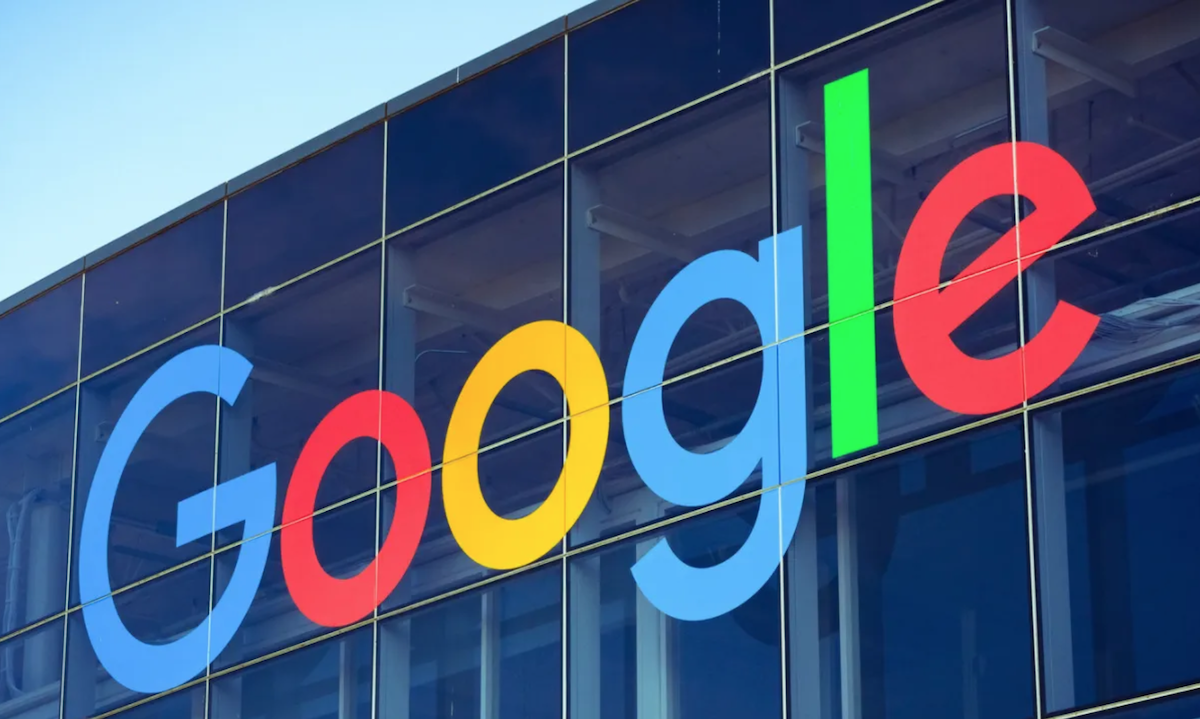Google Reverses Decision to Eliminate Cookies in Chrome After Four Years of Efforts

Google has decided to retain the use of cookies in its Chrome browser, ending a four-year-long effort to eliminate the pervasive tracking technology. The decision comes after numerous setbacks and pushback from digital-advertising companies and regulators.
Initially announced in 2020, Google’s plan aimed to phase out cookies by 2022. This move was lauded by privacy advocates but met with strong opposition from advertisers. They argued that Google’s proposed replacement technologies would compel them to allocate more spending to Google’s digital ad products, raising concerns about market competition.
Over the past few years, the plan encountered several obstacles. In 2021, the U.K. Competition and Markets Authority (CMA) launched an investigation into whether the elimination of cookies would harm competition in the digital advertising sector. Google pledged to collaborate with the regulator, agreeing to give at least 60 days’ notice before removing cookies to allow the agency to review and potentially impose changes on the plan.
As the investigation progressed, delays mounted, pushing the target date for phasing out cookies beyond the initial deadline. Earlier this year, the British government’s Information Commissioner’s Office criticized Google’s proposed replacement technologies, further complicating the timeline.
Related: Italy Launches Probe into Google Over Alleged Unfair Data Practices
The decision to maintain cookies was announced as the culmination of these challenges. Chrome users, who already have the option to block cookies via browser settings, will now be prompted to decide whether to turn cookies on or off, according to the U.K. competition regulator overseeing the plan.
“It feels like all the pushback was insurmountable and Google realized they have to come up with a better plan,” said digital media consultant Matthew Goldstein, reflecting on the industry’s resistance to Google’s initial approach.
Anthony Chavez, vice president of Google’s Privacy Sandbox initiative, acknowledged the complexities in a blog post, stating, “We recognize this transition requires significant work by many participants and will have an impact on publishers, advertisers, and everyone involved in online advertising…We’re discussing this new path with regulators, and will engage with the industry as we roll this out.”
Google’s initial intention to eliminate cookies stemmed from a desire to enhance user privacy by curbing the tracking of internet activity across websites.
Source: MSN
Featured News
Big Tech Braces for Potential Changes Under a Second Trump Presidency
Nov 6, 2024 by
CPI
Trump’s Potential Shift in US Antitrust Policy Raises Questions for Big Tech and Mergers
Nov 6, 2024 by
CPI
EU Set to Fine Apple in First Major Enforcement of Digital Markets Act
Nov 5, 2024 by
CPI
Six Indicted in Federal Bid-Rigging Schemes Involving Government IT Contracts
Nov 5, 2024 by
CPI
Ireland Secures First €3 Billion Apple Tax Payment, Boosting Exchequer Funds
Nov 5, 2024 by
CPI
Antitrust Mix by CPI
Antitrust Chronicle® – Remedies Revisited
Oct 30, 2024 by
CPI
Fixing the Fix: Updating Policy on Merger Remedies
Oct 30, 2024 by
CPI
Methodology Matters: The 2017 FTC Remedies Study
Oct 30, 2024 by
CPI
U.S. v. AT&T: Five Lessons for Vertical Merger Enforcement
Oct 30, 2024 by
CPI
The Search for Antitrust Remedies in Tech Leads Beyond Antitrust
Oct 30, 2024 by
CPI